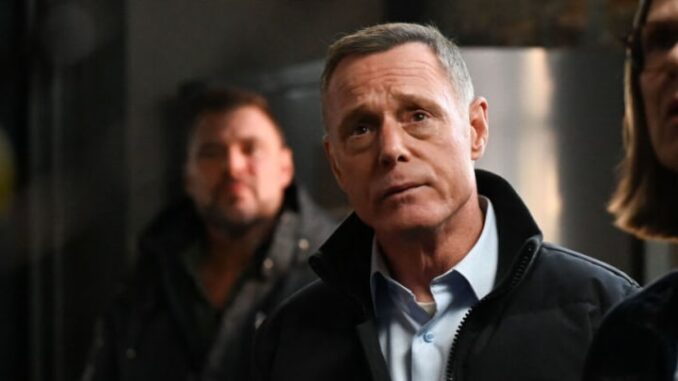
Chicago P.D. Season 13: A Crossroads for the Crime Procedural
Chicago P.D. has, for years, served as a reliable pillar in the Dick Wolf universe, delivering gritty, fast-paced crime dramas that delve into the underbelly of Chicago. However, as the landscape of television evolves, with audiences demanding more nuanced narratives and morally complex characters, Season 13 presents a pivotal opportunity for the series to redefine itself and become a true game-changer in the crime procedural genre. The key to achieving this lies in making a bold move: confronting the entrenched issues of systemic racism and police accountability within the Intelligence Unit, moving beyond superficial nods and towards genuine, impactful change.
For too long, Chicago P.D. has skirted around the edges of these crucial conversations. We've seen glimpses of the grey areas, moments of questionable ethics, and the justifications used to rationalize aggressive tactics. While characters like Voight have been portrayed as morally ambiguous, the narrative has often leaned towards validating his methods, suggesting that the ends justify the means in a city grappling with rampant crime. This narrative, while entertaining, feels increasingly out of sync with the current cultural climate, where audiences are demanding a critical examination of the very systems that are meant to protect and serve.
Imagine, for example, Season 13 opening with the Intelligence Unit facing a formal investigation following a questionable operation. Instead of depicting this as a bureaucratic inconvenience that hinders their crime-fighting efforts, the season could explore the underlying reasons for the investigation. Were racial biases at play? Did they overstep their authority? This introspection could force each member of the unit to confront their own prejudices and preconceived notions, leading to internal conflict and a re-evaluation of their methods.
Furthermore, the season could introduce a new character, perhaps an ambitious and principled oversight officer, whose role is to actively monitor the unit's operations and challenge their approaches. This character wouldn't simply be an antagonist designed to slow them down; instead, they could serve as a moral compass, forcing the team to justify their actions and consider alternative, less aggressive strategies. The friction between this officer and Voight, a man accustomed to operating outside the lines, could provide compelling drama and force the series to confront its own complicity in perpetuating harmful stereotypes and policing practices.
This shift doesn’t mean abandoning the gripping crime stories that have made Chicago P.D. popular. On the contrary, it means injecting those stories with a new layer of complexity and relevance. Instead of simply portraying victims and perpetrators, the show could explore the systemic factors that contribute to crime, such as poverty, lack of opportunity, and historical oppression. We could see characters grapple with the complexities of trying to enforce the law in a city where the law has historically been used to oppress marginalized communities.
Moreover, a commitment to accountability could lead to more realistic and relatable character arcs. Instead of seeing characters always emerge unscathed from questionable actions, they could face real consequences. This could mean demotions, suspensions, or even the loss of their jobs. Such consequences would not only add a layer of realism but also provide opportunities for characters to grow and learn from their mistakes. It would force them to confront the flaws within themselves and the system they operate within, leading to more nuanced and compelling storytelling.
In conclusion, Chicago P.D. Season 13 has the potential to be more than just another season of familiar faces and high-octane action. By embracing a genuine commitment to addressing systemic racism and police accountability, the show could evolve into a powerful and relevant piece of television that challenges viewers to think critically about the complexities of law enforcement and the impact it has on our communities. It’s a bold move, but one that is necessary for the series to remain relevant and to truly become a game-changer in the crime procedural genre. It's time for Chicago P.D. to not just reflect the realities of Chicago, but to actively engage in a conversation about how to make the city a better place for everyone.
